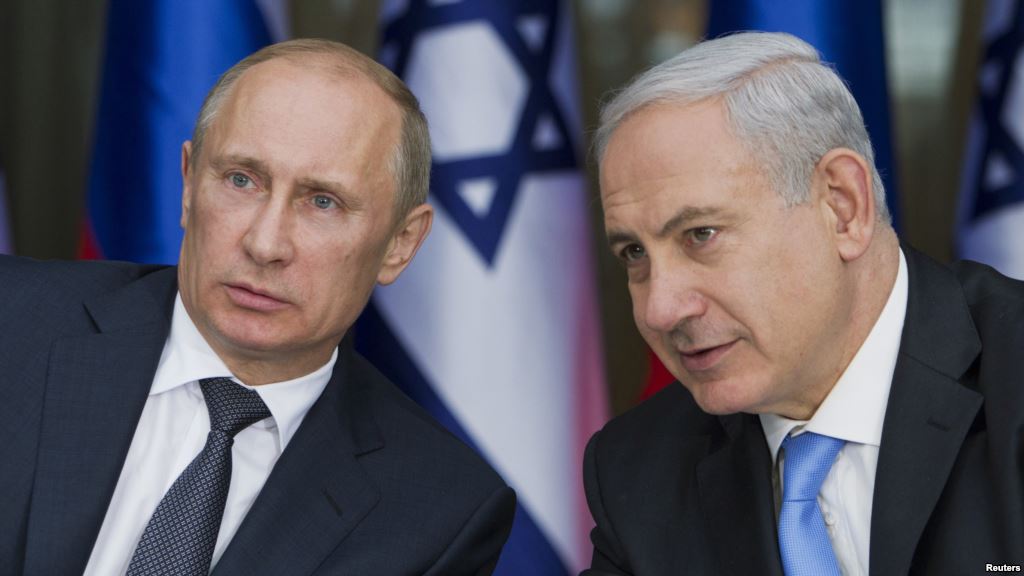In David Rothkopf’s recent Foreign Policy interview with Martin Indyk, two-time U.S. Ambassador to Israel, the diplomat predicted (accurately) the foundering of Benjamin Netanyahu’s popularity among Israelis and worried over the splintering of support for the country among Americans, especially young Jewish-Americans. Indyk also outlined the shifting political dynamics in the Middle East. An excerpt:
“Martin Indyk:
Few people noticed that the Indian government came out in support of Israel in this war; social media in China was pro-Israel. It has developed strategic relations with both countries, and with Russia as well, that led Israel to absent itself from the vote of the U.N. General Assembly condemning Russia’s annexation of Crimea. I think there’s a sense in Israel, particularly on the right, that they can afford to be defiant of the United States. Israelis also sense a potential for a new alignment with Gulf Arab states that didn’t exist before that is generated by their common interest in curbing Iran’s nuclear program and countering Iran’s efforts to dominate the region, opposing if not overthrowing Bashar al-Assad in Syria, and combating Hezbollah and the Muslim Brotherhood, with its stepchild Hamas in Gaza. Israel shares this array of enemies with the Sunni Arab monarchs and the Abdel Fattah al-Sisi regime in Egypt. You can see it in this Gaza crisis quite clearly, where the Saudis and the Egyptians in particular wanted Israel to take down Hamas.
So the combination of all of that leads Israelis to feel more independent of the United States, especially in the context of their sense that the United States is withdrawing from the region and therefore may be less reliable for Israel. These Arab states are also concerned about what they see as an American withdrawal and feel a greater need to cooperate under the table with Israel to help deal with the chaos and threats around them.”

